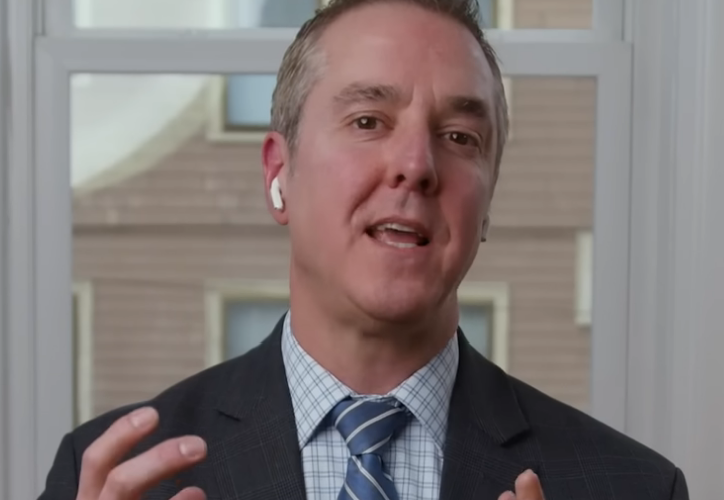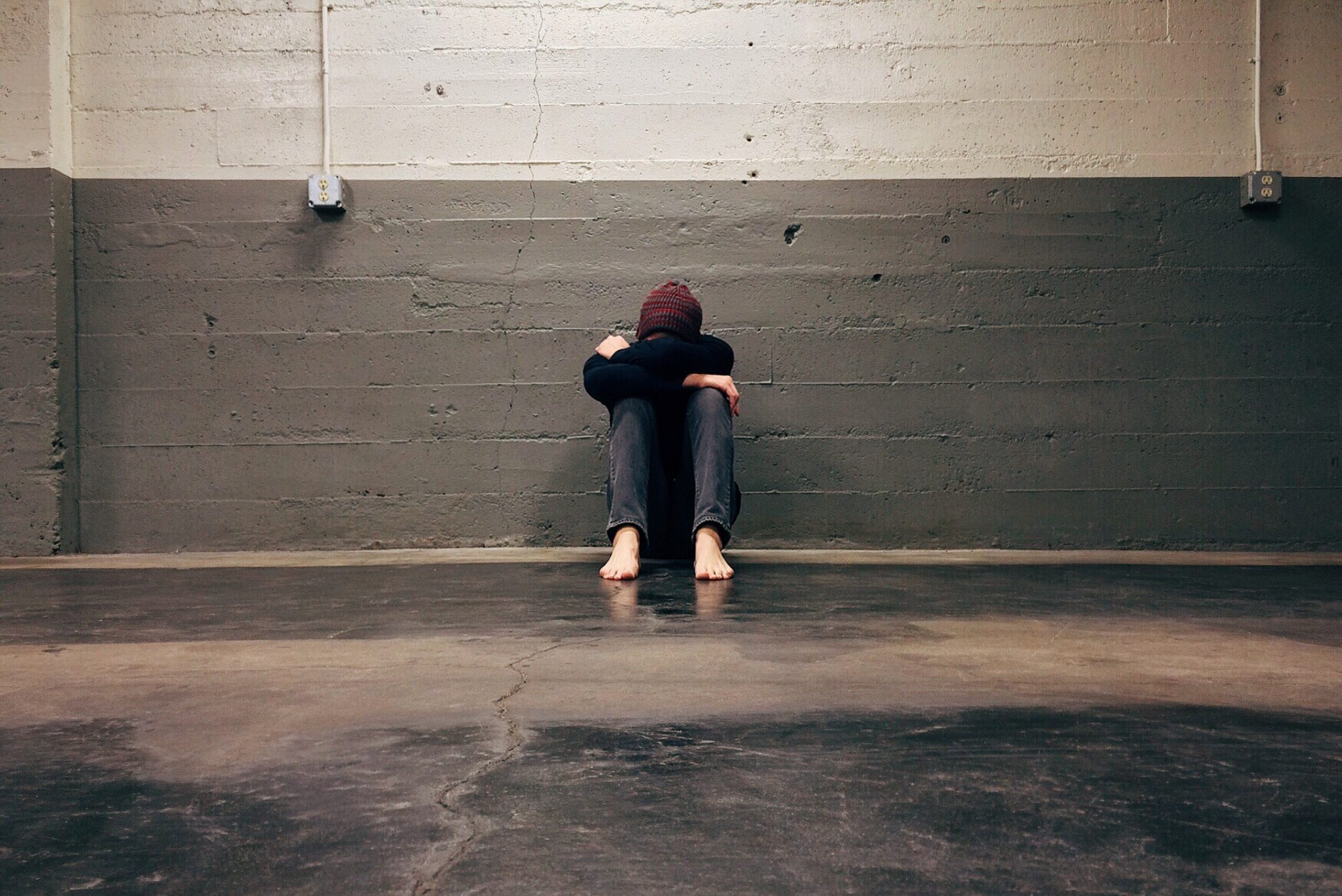Articles About Bipolar Disorder from Lori Calabrese, MD | The Ketamine Blog
Serious and Complex Condition
Bipolar disorder’s symptoms demonstrate a complex brain and behavior disorder characterized first and foremost by severe mood swings. Secondly, it includes an inability to regulate your emotions and responses Because of that, you have times of extreme emotional lows we call bipolar depression, and times of extreme highs we call mania or hypomania. Therefore, sometimes you suffer through both at the same time.
It’s notable that each mood can last for months or weeks or days… or even hours before it swings just as severely to the other extreme.
Sadly. people with this disorder often face suicidal thoughts, or specific plans for ending their lives. In addition, they show impulsivity. The result of the combination of impulsivity and suicidal thoughts is a dangerous mixture, that far too often ends in fatality.
For this reason, this disorder reduces longevity by an average of 25% less than healthy persons.
These articles about bipolar disorder are available to you to help you understand this condition better, and hopefully to better understand the one who suffers with it.
Causes of Bipolar Disorder
While we don’t know exactly what causes bipolar disorder, we do know that a combination of genetics, environment, altered brain structure and chemistry all contribute.
For one thing, we know the amygdala and hippocampus play significant roles in this disorder. These structures in the brain help form new memories and process learning and emotions.
As a result, when the hippocampus and amygdala malfunction, the result can be a mixture of memories that store painful emotions that are so relentless that the sufferer finds it difficult to recover from hurts and traumatic events many years later, as well as to forgive someone who has hurt him.
These difficulties cause severe distress for the sufferer who finds it almost impossible to let go of traumatic memories and loss. Instead, he suffers the full pain of the memory each time it comes to mind.
Cheating Death
So, a damaged amygdala can lead to a lack of natural fear of danger. Furthermore, possibly linked to this is the pursuit of adrenalin-stimulating opportunities. A common trait in those with bipolar disorder, you tend to crave danger, thrills, and activities that “cheat death”… and other forms of high risk behavior. Since the amygdala consists of two parts – one on each side of the brain – if both are damaged it results in the sufferer’s inability to distinguish emotion response in the facial expressions of others. Consequently, this type of damage may be linked to autism.
Symptoms
Symptoms of bipolar disorder can include:
-mood swings
-difficulty regulating emotion
-intense outbursts
-rapid pressured speech
-hypersexuality
-high risk behavior
-visual and/or auditory hallucinations
-grandiosity
-delusions
-severe insomnia
-hypersomnia
-suicidal thoughts
-feelings of worthlessness
-hopelessness
-despair
-lack of energy or hyper-energy
-difficulty focusing or retaining information
-shame, low self-esteem and therefore sometimes a belief that one has low intelligence
Mixed States
Some people experience long periods of depression with negative beliefs about themselves, then long periods – or short periods – of mania or hypomania with all the more energized symptoms, including overconfidence and grandiosity. In addition, some people suffer from mixed states which is a mixture of both.
At the same time, this person may experience high energy, sleeplessness, racing thoughts, and rapid speech combined with irritability, rage, explosiveness, despair, and suicidal inclinations.
Types of Bipolar Disorder
Bipolar 1 – most intense and severe
Bipolar 2 – also can be severe, consists of longer periods of depression interrupted by hypomania, which is less intense than mania.
Cyclothymic Disorder – shorter periods of less intense depressive symptoms alternating with shorter periods of hypomanic feelings.
Fear of Harm Bipolar Disorder – begins in children and consists of acute fear of harming others and/or of being harmed.
Bipolar Disorder of each type is a serious disorder. Continue reading these articles about bipolar disorder to learn more.

Ethan roared with rage. With one sweep of his arm, he swiped the figurines off the sideboard, and they crashed to the floor with the tinkling of shattered porcelain. Megan rushed to the room, and gasped when she saw the pile of shards on the floor. Her collection was destroyed. She knew better by now […]
Continue Reading

When you’re sick and tired of being sick and tired, you need answers, solutions, and information that leads you to take action to change your health, and your life. Maybe you’re suffering from unrelenting depression that medicines don’t help, and maybe you’ve gained weight – even exorbitant weight – that you feel powerless to lose. […]
Continue Reading

We’ve looked at how your ketogenic diet transforms depression. But what about bipolar disorder, one of the most severe psychiatric conditions? Surely, an illness so complex can’t be treated with something so mild and routine as a change in diet? Sound absurd? Well, it’s not only NOT absurd, it’s a neuroscience-backed intervention that’s changing lives […]
Continue Reading

Greg woke up in the morning roaring. He never knew when he woke up how he’d feel, or how he’d react. The combination of angst, explosive rage, heartache, and pain burst from him as he became alert, and it took a few moments before he could gather control of himself and hold it all in. […]
Continue Reading

Jarrett woke up with the weight of the world on his chest. He was so weighted down, so hopeless, and felt like he’d explode. He went to the kitchen, poured a glass of milk, drank it, and slammed the glass down on the counter. Then stomped outside, gripping his fists at this side. Jarrett didn’t […]
Continue Reading

Eric woke up agitated, fighting the darkness that flooded his thoughts. He plodded to the kitchen and tried to keep the defeat and deep irritability at bay. On his good days, Eric could be a somewhat upbeat guy, and his family enjoyed his clever quips. On darker days, he tried to be upbeat but it […]
Continue Reading

We talked about the difference between living with bipolar 2 and bipolar II disorder. The latter is actually the correct name for this difficult disorder, but the first one is the popular name all over the web…affectionately adopted maybe because II sounds like 2. So in the spirit of community — and flexibility! — today […]
Continue Reading

Is it Bipolar II, or Bipolar 2? Hard to get it straight? (Bipolar 2 is what’s all over the net but Bipolar II is what’s in the journals.) Actually, if you suffer from bipolar II disorder, it’s no laughing matter. It’s a lot like bipolar I, except the highs are much less intense. So we […]
Continue Reading

Learn to recognize signs and symptoms of bipolar disorder in your teen. Then get help. Fast. It’s the worst shock to hear your adolescent child has done things you raised him not to do. Every parent experiences this. But some parents get socked in the gut. Instead of your teen sneaking out with friends at […]
Continue Reading

A dream is a wish your heart makes, when you’re fast asleep… At least that’s what Cinderella sang, in Disney’s classic animated movie. But… the kind of dreams you have when you’re fast asleep are actually different than the dreams your heart makes. This is the week of Christmas, which has filled children’s dreams with […]
Continue Reading








